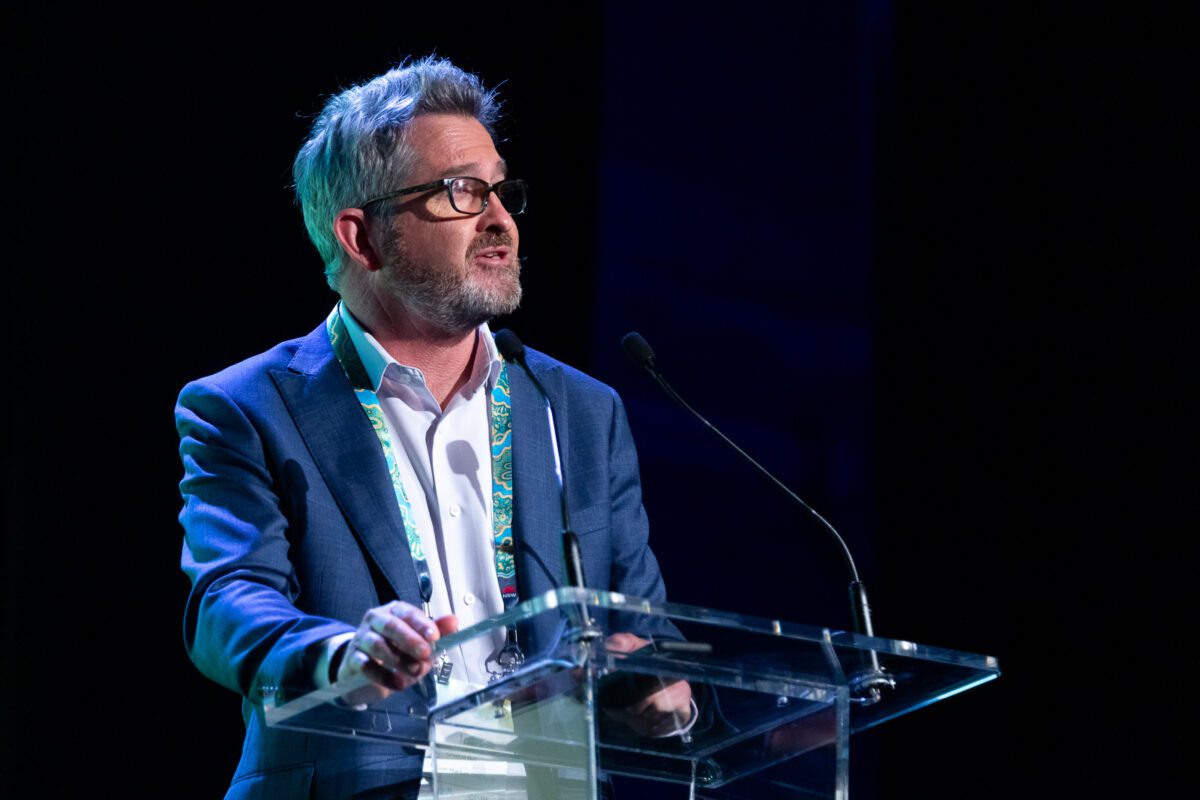The Canberra Times
Carbon farming is as easy as planting trees. It is the extension of the principle of a tree sucking in carbon dioxide, storing it in the vegetation.
It allows us to protect and increase the amount of carbon stored in soil and vegetation, and is a vital part of our road to net zero emissions.
Carbon trading has matured over the last 20 years, and is no longer an ‘if’ question reserved for a select few.
It is now a mainstream business transaction, whether you’re a buyer or a seller.
You can integrate carbon into farming systems, providing a more diverse income.
The most secure way to integrate carbon into your farming system is to plant trees.
One carbon farming method is called plantation forestry. And there is a growing list of major forest grower companies across Australia who are entering this space.
It is a long-term and low-maintenance asset, provides future timber revenue opportunities as well as potential annual carbon revenue for landholders.
And it does all this without distracting you from your main business strategies.
The Australian Emissions Reduction Fund is a government-backed scheme that started in 2011.
It provides a minimum price guarantee and offers secure supply contracts.
Under this scheme, you can generate carbon revenue from timber plantations by establishing plantations – it must have been clear of trees for a minimum of seven years prior to planting – or by converting short rotation plantations into long rotation.
There is little risk attached to the carbon.
For instance, companies don’t have to pay back carbon money if there is a fire.
Instead, you can’t claim more carbon until you put back what was lost – and partnering with companies like WeAct makes you part of a large, highly dispersed plantation estate that acts as an insurance buffer.
Our carbon farming partners are able to earn between $100 and $200 per hectare per year by registering a carbon project with us.
One project we are working on is based in east South Australia.
It involved planting 200,000 seedlings which will sequester about 45,000 tonnes of carbon over the life of the project.
A lot of carbon farming plantations have been established on fallow land, or land which was not previously being utilised properly.
The soil was degraded, but when we put plantations in it helps to retain the soil and cool temperatures in the region.
Plantation forestry carbon farming also supports jobs in regional communities.
Carbon farming is in the spotlight this week as the Carbon Market Institute holds its fifth Carbon Farming Industry Forum.
Vivek Dugar is the director of WeAct, a carbon project developer.



